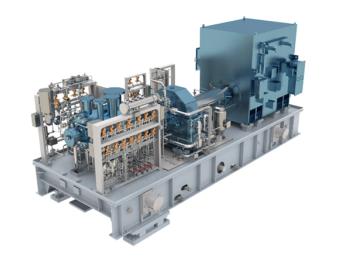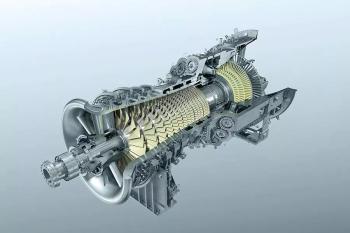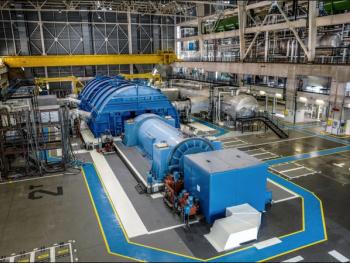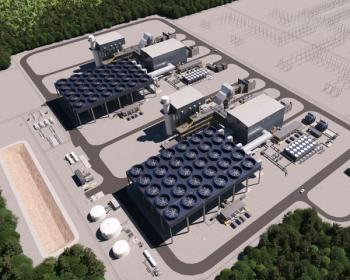
PowerGen 2023 Session Notes: Flexibility in Combined-Cycle Plant Performance (CCPP)
Two-year study in partnership with ERPI
Alissa Muggli and Dr. Una Nowling, Global Technology Leader, Fuels and Combustion at Black & Veatch presented on flexible operating impacts on combined-cycle power plant (CCPP) performance and reliability at a PowerGen 2023 session in Orlando, Florida. The data was extrapolated from the efforts of a two-year study conducted by Black & Veatch on behalf of the Electric Power Research Institute (ERPI). The goal was to discern patterns with heat-rate losses, low loads, and flexible operation.
First and foremost, the two recapped combined-cycle flexible operation trends. A key takeaway was that increased cycling does not equate to an increase in unit starts. Lower natural gas prices allow CCPPs to operate in place of coal plants. For these plants, it was found that a unit could be parked at full load rather than enter a complete shutdown, as complete unit starts and stops were generally avoided.
When it comes to the debate over equipment quality over quantity, british thermal units (BTUs) don’t matter as much as costs due to the prevelance of continual maintenance issues. It’s important to keep in mind that small failures build up over time, according to Dr. Nowling. Proper equipment maintenance can go a long way in maintaining optimal performance metrics.
The study found that flexible operation is more important when renewables are more prominent, particularly because of interaction with solar peak periods. Heat recovery steam generators (HRSGs) are at an increased risk of fatigue from load fluctuations. HRSGs were found to be the primary bottleneck, limiting plant flexibility on startup and load changes. Twenty percent of those issues were connected to valve problems. Most valve issues occurred on the hot-heat bypass, which led to lost heat rate and more flow-accelerated corrosion from leakage and overspray.
“Valves are the problem behind the CCPP—this is a fact echoed throughout the industry. Buying a cheaper valve doesn’t mean you’ll save money in the long term,” said Dr. Nowling. “The stingy person ends up paying the most when it comes to these components.”
Various custom solutions prove that cycling operations require an innovative perspective to address the inherent issues.
Newsletter
Power your knowledge with the latest in turbine technology, engineering advances, and energy solutions—subscribe to Turbomachinery International today.




